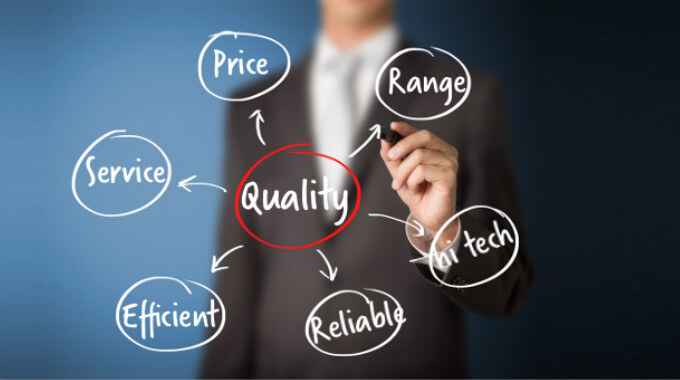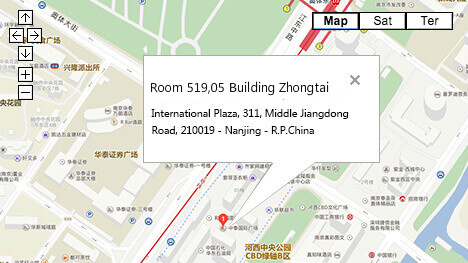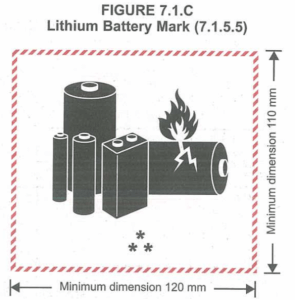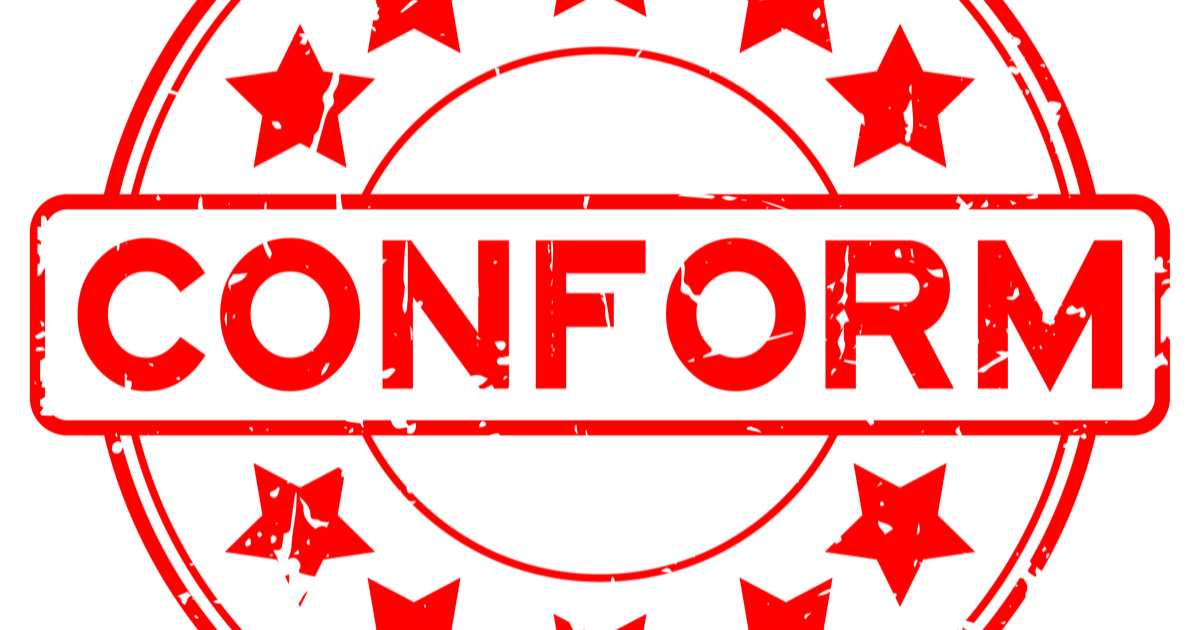Some clients have asked us “what is a certificate of conformity” over the years, and…

Shipping E-Cigarettes with Lithium Batteries by Air from China
By Fabien Gaussorgues
With the sharp increase of shipments of electric & electronic devices working with a lithium battery, and new rules that appeared recently when it comes to shipments, clients keep asking us about applicable regulations.
This guide covers the shipment of e-cigarettes, as an example, but it is mostly applicable to other small devices with lithium batteries (smart devices, IoT, bluetooth speakers, and so forth).
Note: on sofeast.com we published an in-depth guide about the regulations for shipping batteries to the USA.
Small devices with lithium batteries are considered dangerous goods or hazardous materials (HAZMAT). They should be properly packed and labeled as per the regulations set by the International Air Transport Association(IATA).
Lithium batteries come in three types:
- Lithium Ion (Li-Ion)
- Lithium Polymer (Li-Po)
- Lithium Metal
E-cigarettes usually contain Li-Ion and Li-Po batteries since these are rechargeable electronic devices.
To make things more complex, Li-Ion batteries are classified into three categories that the United Nations Committee of Experts on the Transport of Dangerous Goods has assigned.
- UN 3480 for Lithium ion batteries
- UN 3481 for Lithium ion batteries contained in equipment
- UN 3481 for Lithium ion batteries packed with equipment
As the shipper or the importer, you need to be aware of these UN categories (for documentation and labeling).
The IATA regulations cover all air carriers and air cargo operators around the world. The standards are updated every year and generally require all devices with a lithium battery to pass the United Nations standards.
In addition, freight companies like FedEx, UPS, DHL, or TNT, also have their own transportation rules for items with lithium batteries. So, you should always check with the courier for their specific requirements before shipping out devices.
Testing Regulations for Lithium Batteries
Lithium batteries may catch fire when damaged and/or exposed to high temperature. Battery testing must be completed prior to shipment to ensure safety. Most agencies refer to the UN 38.3 standards for testing lithium batteries, which covers the following:
- T1 – Altitude Simulation
- T2 – Thermal Test
- T3 – Vibration
- T4 – Shock
- T5 – External Short Circuit
- T6 – Impact
- T7 – Overcharge (for secondary batteries only)
- T8 – Forced Discharge
Without a test report, you won’t be allowed to ship any goods with lithium batteries from China (the courier company will require it).
Obtaining a Test Report for Lithium Batteries
To obtain a test report, you may submit one battery sample to an accredited testing company and pay the corresponding fees. It is important that the report reflects the buyer’s company name as the shipper, and not the name of the manufacturer/exporter.
Sometimes, lithium battery suppliers or manufacturers from China won’t conduct the UN tests, so shippers may go ahead and order the tests themselves. If the supplier, however, has a test report, there could still be potential hitches if you use this document.
Here are a couple of examples of common pitfalls:
- The tests might not have been obtained from an accredited company so it won’t be UN compliant. Couriers might reject this report and won’t ship your goods.
- The report will usually have the supplier’s name, which means that they can give the same report you paid for to their other customers.
The Material Safety Data Sheet
Apart from the UN 38.3 test report, the courier company may also ask for the Material Safety Data Sheet (MSDS). This is a document prepared by the supplier or manufacturer of the e-cigarettes.
The MSDS details the potential hazards of the product, as well as the safety protocols to be observed when handling, using, and storing the item. It also provides recommendations on how to recognize and address hazardous symptoms like overexposure, fire, reactivity and potential threats to humans.
Different countries tend to follow different MSDS formats, but most follow ANSI Standard Z400.1-1993 (developed in the US).
Documentation Requirements for Lithium Batteries
As per IATA regulations, a shipper will need to fill out a form declaring that the goods for transport are ‘HAZMAT’.
However, the courier may also have a specific document for this purpose, which you can easily request. The form will likely contain the following information below:
- Shipper’s name
- Consignee’s name
- Airway Bill Number
- Destination Airport
- Nature of Dangerous Goods
- Quantity of Dangerous Goods
The MSDS and test reports must be attached to this form.
Packaging and Labeling Requirements for Lithium Batteries
The IATA requires boxes or cartons with lithium batteries from China to be properly packed in layers. The devices must be contained in its unit packaging and then individually wrapped in plastic sheets. Each layer must also have a cardboard divider.
The shipment must have visible labels and markings on the rigid boxes that identify the following:
- Name and address of the supplier
- Name and address of the shipper
- Phone numbers
- Battery type name and weight
- Warning labels, cargo labels and applicable UN labels (3480 or 3481)
- Procedures for handling, if damaged
Verify the required size of the labels and markings from the courier company, as they might have their own specifications. The courier, however, does not provide the labels and marking. You may instead have these printed from vendors use those from IATA.
Shipping Out Lithium Batteries from China
Shipping small batteries, need:
- MSDS
- Battery specification
- Labeling with Lithium warning (see image on the right)
- Test report UN 38.3
However, if these are coming directly from your supplier in China, carefully instruct them to:
- Correctly pack the items
- Label and mark the boxes as you have provided, and
- Organize the documentation when submitting to the courier company
Otherwise, your goods might be held in customs when the documentation, reports and labels are incomplete or destroyed if proper documentations cannot be provided.
Note: the regulations governing the transport of devices with lithium batteries is quite extensive and keep evolving. For proper guidance, ask your freight forwarder or courier company.




This Post Has 0 Comments